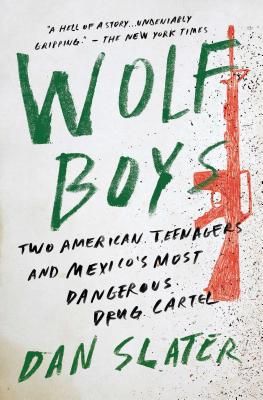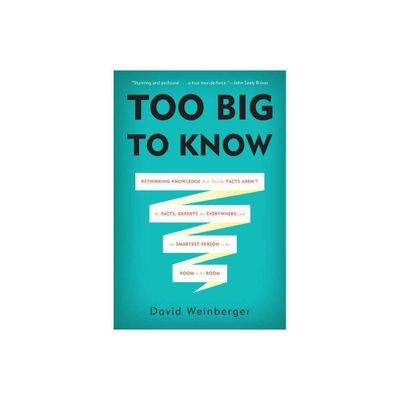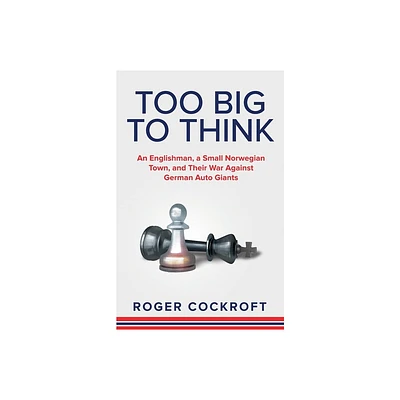Home
Too Big to Jail: Inside HSBC, the Mexican drug cartels and greatest banking scandal of century
Loading Inventory...
Barnes and Noble
Too Big to Jail: Inside HSBC, the Mexican drug cartels and greatest banking scandal of century
Current price: $15.67


Barnes and Noble
Too Big to Jail: Inside HSBC, the Mexican drug cartels and greatest banking scandal of century
Current price: $15.67
Loading Inventory...
Size: Audiobook
*Product Information may vary - to confirm product availability, pricing, and additional information please contact Barnes and Noble
‘Packed with insights and details that will both amaze and appal you’ – Oliver Bullough, author of
Moneyland
and
Butler to the World
From journalist Chris Blackhurst,
Too Big to Jail
unveils how HSBC facilitated mass money laundering schemes for brutal drug kingpins and rogue nations – and thereby helped to grow one of the deadliest drugs empires the world has ever seen.
While HSBC likes to sell itself as ‘the world’s local bank’ – the friendly face of corporate and personal finance – it was one decade ago hit with a record US fine of $1.9 billion. In pursuit of their goal of becoming the biggest bank in the world, between 2003 and 2010, HSBC allowed El Chapo and the Sinaloa cartel, one of the most notorious and murderous criminal organizations in the world, to turn its ill-gotten money into clean dollars.
How did a bank, which boasts ‘we’re committed to helping protect the world’s financial system on which millions of people depend, by only doing business with customers who meet our high standards of transparency’ come to facilitate Mexico’s richest drug baron? And how did a bank that as recently as 2002 had been named ‘one of the best-run organizations in the world’ become so entwined with one of the most barbaric groups of gangsters on the planet?
is an extraordinary story, brilliantly told by writer, commentator and former editor of
The Independent
, Chris Blackhurst, that starts in Hong Kong and ranges across London, Washington, the Cayman Islands and Mexico, where HSBC saw the opportunity to become the largest bank in the world, and El Chapo seized the chance to fuel his murderous empire by laundering his drug proceeds through the bank. It brings together an extraordinary cast of politicians, bankers, drug dealers, FBI officers and whistle-blowers, and asks what price does greed have? Whose job is it to police global finance? And why did not a single person go to prison for facilitating the murderous expansion of a global drug empire?
Moneyland
and
Butler to the World
From journalist Chris Blackhurst,
Too Big to Jail
unveils how HSBC facilitated mass money laundering schemes for brutal drug kingpins and rogue nations – and thereby helped to grow one of the deadliest drugs empires the world has ever seen.
While HSBC likes to sell itself as ‘the world’s local bank’ – the friendly face of corporate and personal finance – it was one decade ago hit with a record US fine of $1.9 billion. In pursuit of their goal of becoming the biggest bank in the world, between 2003 and 2010, HSBC allowed El Chapo and the Sinaloa cartel, one of the most notorious and murderous criminal organizations in the world, to turn its ill-gotten money into clean dollars.
How did a bank, which boasts ‘we’re committed to helping protect the world’s financial system on which millions of people depend, by only doing business with customers who meet our high standards of transparency’ come to facilitate Mexico’s richest drug baron? And how did a bank that as recently as 2002 had been named ‘one of the best-run organizations in the world’ become so entwined with one of the most barbaric groups of gangsters on the planet?
is an extraordinary story, brilliantly told by writer, commentator and former editor of
The Independent
, Chris Blackhurst, that starts in Hong Kong and ranges across London, Washington, the Cayman Islands and Mexico, where HSBC saw the opportunity to become the largest bank in the world, and El Chapo seized the chance to fuel his murderous empire by laundering his drug proceeds through the bank. It brings together an extraordinary cast of politicians, bankers, drug dealers, FBI officers and whistle-blowers, and asks what price does greed have? Whose job is it to police global finance? And why did not a single person go to prison for facilitating the murderous expansion of a global drug empire?


















